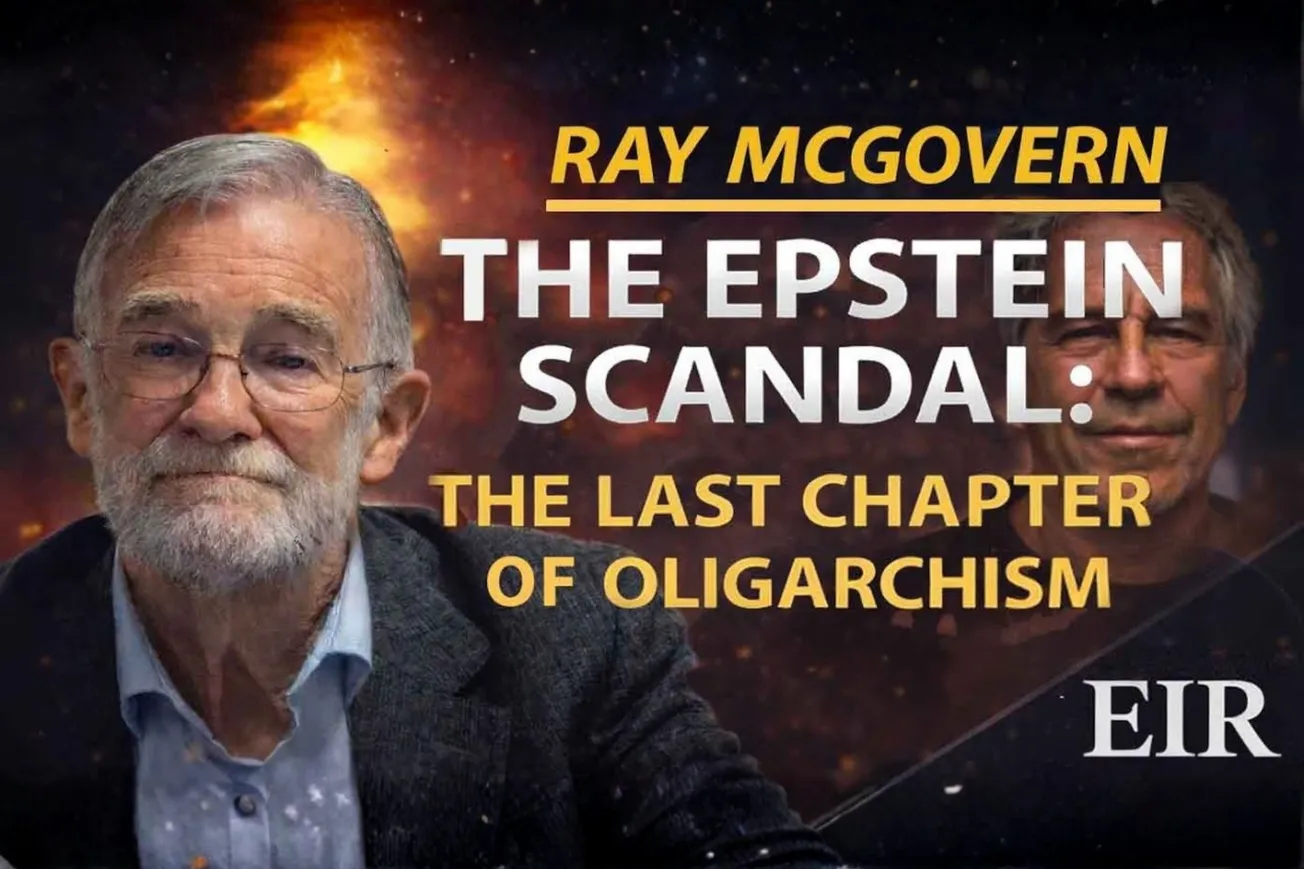April 23, 2024 (EIRNS)—The following is by EIR Editor-in-Chief, Helga Zepp-LaRouche.
If one looks back at the published record of EIR over the past 50 years, it is amazing to see, judged from the standpoint of today, how the authors were able to identify trends in their germ form, which are now obvious and self-evident. This impressive characteristic of analytical reporting was mainly due to the intellectual influence of its founder, Lyndon LaRouche, who had developed an original economic scientific method, based on the concept of physical economy from Gottfried Leibniz. This enabled LaRouche and his editorial team to recognize the theoretical flaws of the various monetarist theories, ideological confusions, and outright harmful axioms of thinking underlying events of the day.
Naturally, when a magazine publishes views which go against the Zeitgeist, and often in a polemical tone, not everybody is pleased. But for the sake of intellectual honesty, if one compares what EIR said in the ’70s, ’80s, ’90s etc., with how things have played out, one has to take off one’s hat. For example, from its very first editions, the magazine contained sharp attacks on the devastating impact of green Malthusian ideology, which may have been hidden to generations of romantic hippies, but which is now showing its full destructive force in the bungling of the Green Party’s economic and foreign ministers of the present German government.
Or if one looks at the many articles in EIR reflecting the outlook of LaRouche in his criticism of the IMF’s conditionalities in terms of their consequences for the developing sector, and alternatively the proposed policies of cheap, long-term credit for technology transfer for these countries, one can only be astounded by the foresight of what was written. If the programmatic ideas of LaRouche and the other authors of EIR had been followed by the countries of the collective West, rather than rejected, the West would have had no reason to complain that the Global South has turned away from them and is instead working with China and the BRICS.
In a time when “narratives” have replaced the search for actual truth, the track record of EIR in terms of real investigative journalism is a proud one. If one looks at the very large number of unique background stories and original reports published over the course of half a century, it places this magazine in the absolute top echelons of its métier. So, all the best wishes to the editorial team for the next 50 years!





